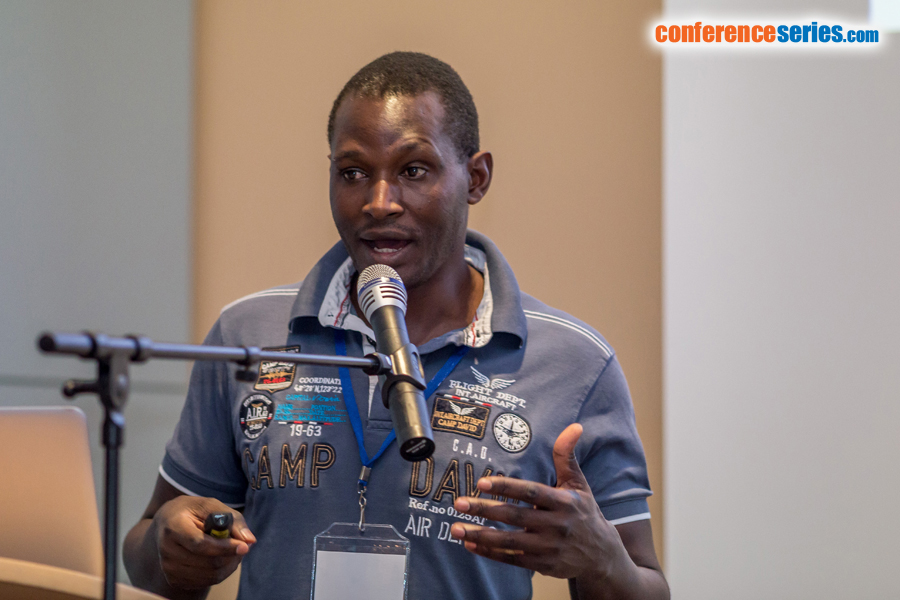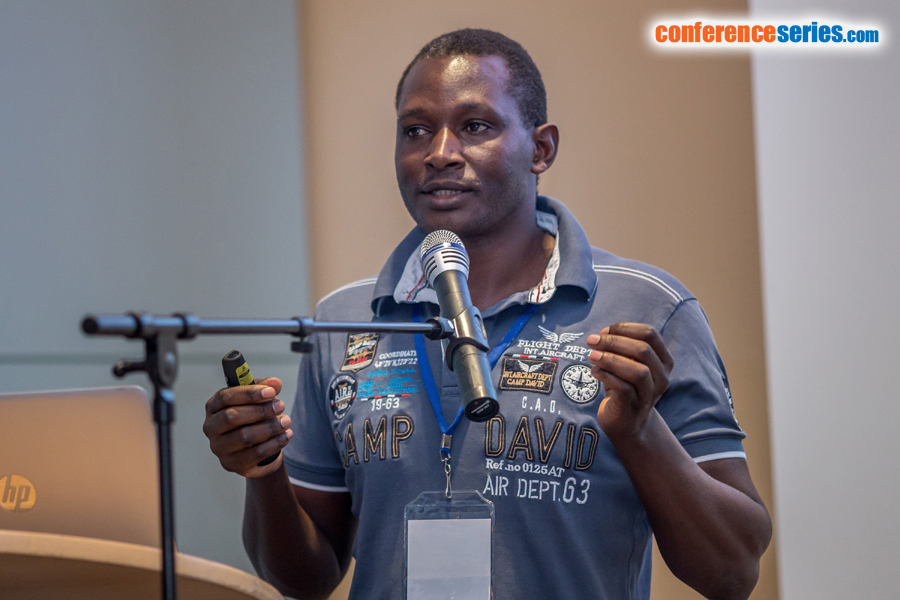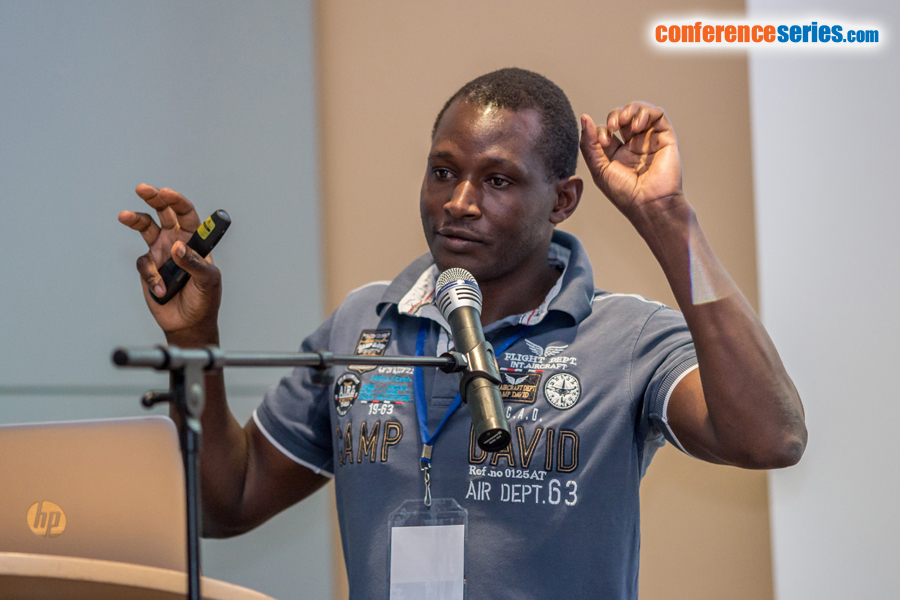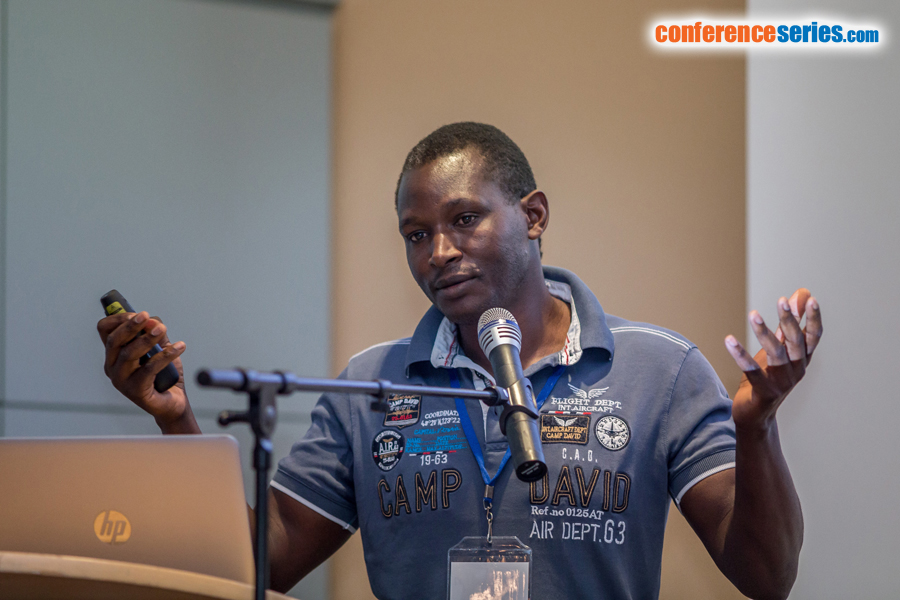
Nelson Gekara
Laboratory for Molecular Infection Medicine Sweden, Sweden
Title: The functions of the Histone H2A deubiquitinase (H2A-DUB/MYSM1) in innate immune regulation
Biography
Biography: Nelson Gekara
Abstract
Key to the activation of the innate immune system are the pattern-recognition receptors (PRRs) including Toll-like receptors (TLRs), RIG-I-like receptors (RLRs), and cytoplasmic DNA receptors (CDRs). While essential for protection against infections, activation of PRRs require tight control to avert inflammatory diseases. The mechanisms underlying this strict regulation are unclear. The reversible attachment to and removal of ubiquitins from proteins by ubiquitin ligases and deubiquitinases respectively is a versatile system that regulates diverse aspects of biology including the immune system. The H2A deubiquitinase MYSM1 (H2A-DUB) MYSM1 is a nuclear metalloprotease previously described as a key component of epigenetic signaling machinery. We now show that MYSM1 is a master negative regulator of PRR pathways. In response to infections or inflammation, we found that MYSM1 rapidly accumulates in the cytoplasm. In the cytoplasm MYSM1 interacts with and inactivates key signaling complexes for the TLR, RLR and CDR pathways via the removal of K63 linked polyubiquitin chains. Hence mice deficient in MYSM1 are hyper-responsive to various innate immune stimuli, exhibit resistance to viral infections but are more susceptible to inflammatory disease such as sepsis. These results highlight MYSM1 as a key negative regulator of the innate immune system that protects against an overzealous self-destructive immune response.





